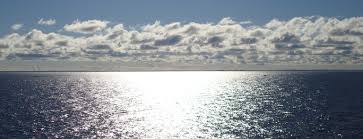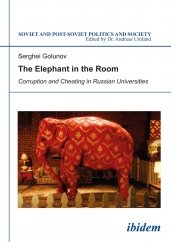The current crisis in Ukraine has again foisted natural gas diplomacy to the fore of great power politics. Many view the gas weapon as Moscow’s continuing trump card for coercing Kyiv with impunity and keeping Europe at bay. As was the case during the 2006 and 2009 gas wars, the asymmetric trading relationships and state control over the Russian gas monopoly, Gazprom, seem to present Vladimir Putin’s regime with an effective resource nationalist stranglehold to advance a broad neo-imperial agenda. Concerns range from Moscow laying claim to energy fields off the coast of Crimea, to exerting pressure on rival Eurasian energy suppliers, to subverting European Union governance by manipulating splits among unevenly dependent member state consumers, to playing off Europe and Asia with construction of the Russia-China gas pipeline, to exploiting transatlantic differences more generally in a run-up to Cold War 2.0. […]











